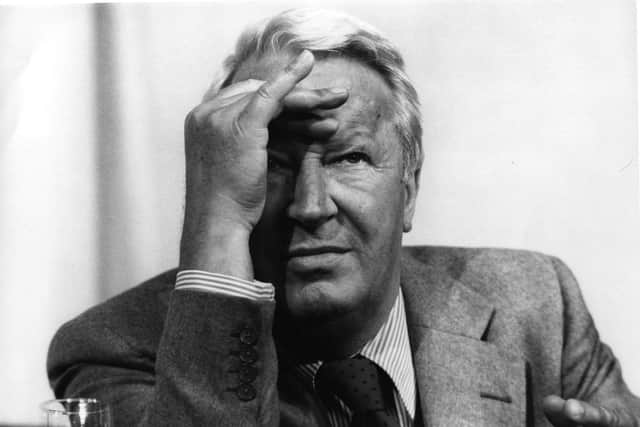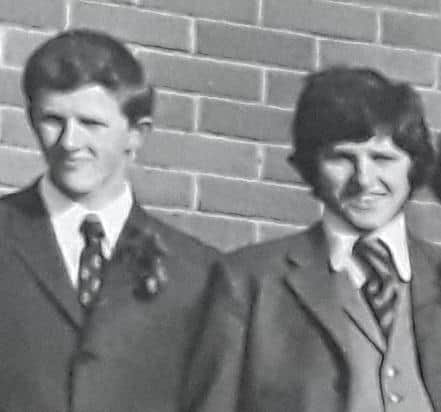Will we get through the winter of discontent? Yes of course we will, and this is why
and live on Freeview channel 276
Covid, Ukraine and low pay leading to strike action being the causes for what we face. Will we get through it? Of course we will, but not until we have all used our common sense and aptitude to see us, and others less fortunate than ourselves, overcome what is not our fault.
How do I know this? Well, because we have done it before and will probably have to do it again. Back in 1973 and 1974 the international conflict was known as the Yom Kippur or Ramadan war, depending on which side of the religious divide you were on, which led to OAPEC placing an embargo of oil exports to countries that had supported Israel in the war.
Advertisement
Hide AdAdvertisement
Hide AdThe price of petrol at the time, in the UK, was 39p a gallon (£3.60 in today's money). However, a gallon nowadays actually costs about double that. Back in 1973, the government’s answer to the oil situation was to issue petrol vouchers but luckily the situation improved before they had to be used.


This however was not the end of the energy crisis, as the NUM were striking for a 35% pay rise and, as at this time most of our power stations were fuelled by coal. This led to the Government, under Edward Heath, imposing a three-day week.
This meant some factories and offices working five days a week, but only three of them with power or heating.
SEE ALSO Cost of living crisis: Crawley food bank fights back against poverty from a broom cupboard | Cost of living crisis: How £400 energy rebate works, when it's paid and do I have to pay it back? | ‘Interest rates are a huge worry’: Eastbourne estate agent expresses housing market concerns
My wife worked for Bale and Church in Crompton Way and, for the two non-power days, had to wear layer upon layer to keep warm, whilst typing on a manual typewriter under candle light. It was a different world then, with very few computers, but unfortunately production was hit as manufacturing did need power.
Advertisement
Hide AdAdvertisement
Hide Ad

Even at home, people went without power for up to nine hours a day and BBC and ITV had to come off the air at 10.30 every night, that is until the CEGB pointed out this would cause a power surge which led to the staggering of the three, yes three, channels shutting down for the night.
The crisis ended in March but led to two General elections which eventually led to Labour having a majority of three seats. Que Sera Sera!